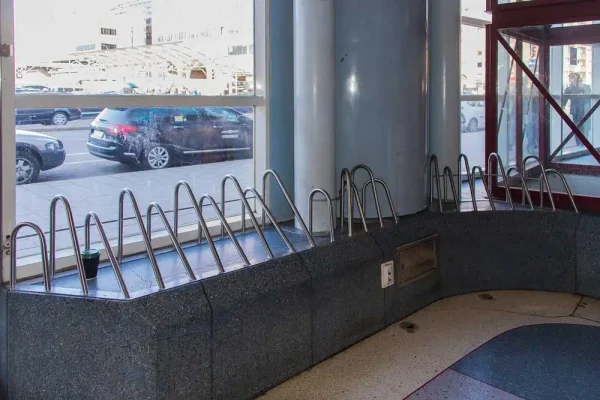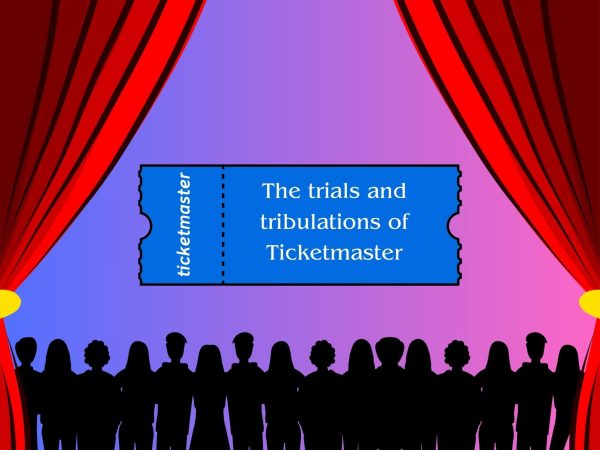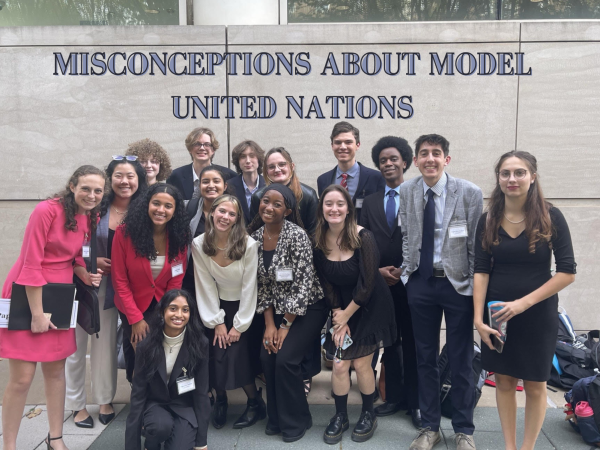Producing productive pupils: How a part-time jobs aids students of any age
November 29, 2018
Unsurprisingly, high school carries with it extreme levels of stress; this can come in the form of the demand to maintain high grades, general teenage angst and drama, and the impending pressure of adulthood. Another large-scale source of stress exists in the form of a continuous job: paychecks not containing enough money, unpleasant bosses, the struggle between balancing time at work with spending time for oneself. So, it would stand to reason that one of these two stressors should converge under no circumstances, and that assumption does hold credence, or at least on a surface level. Despite this, all the benefits of even a part-time job (in addition to transcending economic gain) certainly outweigh any downsides.
Among the stressful parts of high school not mentioned above lies its workload: according to US News Health, the American high schooler spends over three hours a day on average doing homework, with juniors consistently putting in more hours than the average. On its own, that sounds like an excessive amount of time, but putting that number in the context of the mere eight hours teenagers can legally work for allows virtually no downtime. And while this truth can certainly turn kids off from the notion of working, a flip side exists: the less time working kids spend on leisure, the more likely they would (ideally) spend on the essential work. To see this personified, one needs to look no further than college kids. According to apartment search service ABADO, 52% of American college students work for at least 27 weeks yearly, with nearly 40% of them working between 30-40 hours. While this may sound like the perfect example of school and work intersecting in all the worst ways, students interviewed in a study conducted by education company Cengage frequently mentioned how their jobs aided their time management skills.
Another benefit students receive from working: job experience. When people mention job experience as it relates to working students, it more often than not exists in the context of kids working in jobs related to a favored job field. In most cases, this certainly does apply. However, general experience in the professional area serves as the best benefit to students working part-time; just by working, student employees gain exposure firsthand to situations requiring skills like commitment, teamwork, and most importantly, communication. Though teens could argue this skill can hold off development until adult life, communication simply holds too much importance as a skill to postpone its growth. In 2013, human resources (HR) association SHRM conducted a survey analyzing 400 companies with at least a hundred employees to see how miscommunication impacts their profitability. The results concluded that businesses could lose up to $420,000 a year, and the same study modified for far larger companies (of around a hundred thousand workers) resulted in even higher losses at $62.4 million. Teenagers learn fast, so this early exposure will not only grant them the necessary skills for a future in the professional field, but an understanding of why said skills matter.
The final, and arguably the most crucial, perk to a job deals not with any immediate gain, but instead one that pays off much later in life: networking potential. Essentially, career networking entails the use of one’s contacts, professional or otherwise, to assist in the job hunting process. This can apply to a high school student’s part time job in two ways: directly and indirectly. In the case of the former, it manifests in a fairly straightforward manner. Simply working anywhere grants one contacts in the form of co-workers and bosses, either of whom can write letters of recommendations for college future jobs and in certain cases, pull strings to earn one a specific job; the latter would involve a contact acquainted with either a co-worker or boss. This benefit works even better for college students working part time because students already possess a rough idea of what they want out of their future career, so the contacts they look for will correspond to said career, and more than a specific model for references, the combination of college achievements and references from networking (as well as simply holding a job) makes a student appear far more appealing to prospective employers than their unemployed peers.
Holding down a job requires an abundance of different conditions: willpower to not quit, time to balance between work and play, rest to maintain oneself, and as a result of the needed commitment, not all students may not want to plunge themselves head first into this world of responsibility— and for good reason; over 3.4 million grown adults not required to juggle a job with school quit their jobs in April of 2018 vs. the 1.7 million laid off the same month, so the more hard-pressed, work-shy teenager would more than certainly not last. However, for those willing to stretch themselves admittedly thin, they will reap robust benefits that will aid in the formation of both a well spent temporary working experience and a post-job life of ease and comfort; and what else should a job produce?
















